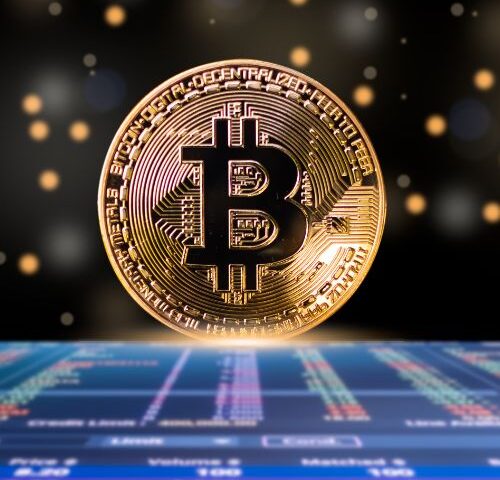The latest U.S. tariff hike has sent shockwaves through global markets. On Monday, President Donald Trump announced new tariffs on several long-time U.S. trade partners, including Japan and South Korea. Starting August 1, a 25% import tax will apply to various goods from both countries
The U.S. tariff hike also includes:
- 36% tariffs on Thailand and Cambodia
- 32% tariffs on Indonesia
- 30% tariffs on South Africa
These sweeping trade measures mark a significant turn in America’s international trade strategy. The announcement was followed by a sharp drop in U.S. and Asian stock indexes, signaling investor concern over rising trade tensions.
Why the U.S. Tariff Hike Was Introduced
According to the White House, the new U.S. tariff hike is meant to protect domestic industries, encourage fairer trade agreements, and reduce the national trade deficit. President Trump also signed an executive order on Monday, extending the original July 9 deadline for key trade negotiations to allow more time for discussion.
While the administration claims these tariffs are aimed at pressuring countries to reach stronger trade deals, critics argue they could damage long-standing alliances and harm U.S. consumers by raising prices on imported goods.
Who Will Be Affected
This U.S. tariff hike will affect multiple sectors. Electronics, textiles, and machinery are expected to face immediate price increases. American companies that rely on imported parts or finished goods from South Korea and Japan may also see supply chain disruptions.
Retailers and logistics providers in Southeast Asia are preparing for export slowdowns, while governments across the Asia-Pacific region are reviewing possible responses, including counter-tariffs and trade route adjustments.
Global Response and Market Impact
Early responses to the U.S. tariff hike have been cautious. South Korea’s trade ministry expressed “serious concern” and called for urgent dialogue. Japanese officials have yet to comment formally but are expected to meet with U.S. representatives later this week.
In Southeast Asia, officials from Thailand and Indonesia have raised alarms about the impact on manufacturing and exports. Economists warn that if this U.S. tariff hike continues to expand, it may trigger new trade disputes or even retaliation from affected countries.
On Wall Street, the reaction was swift. Major indices dipped within hours of the announcement. Analysts say the U.S. tariff hike added uncertainty to an already fragile global economy facing inflation, war tensions, and supply shortages.
What Happens Next
The extended negotiation window provides a small chance for revised agreements before the tariffs are fully implemented. However, if no deal is reached, the U.S. tariff hike could mark the beginning of a more protectionist phase in global trade policy.
Trade observers are closely watching whether the Biden or Trump campaign will adopt similar positions in the lead-up to the 2026 elections. For now, the world is bracing for higher prices, slower trade, and deeper economic divisions.





